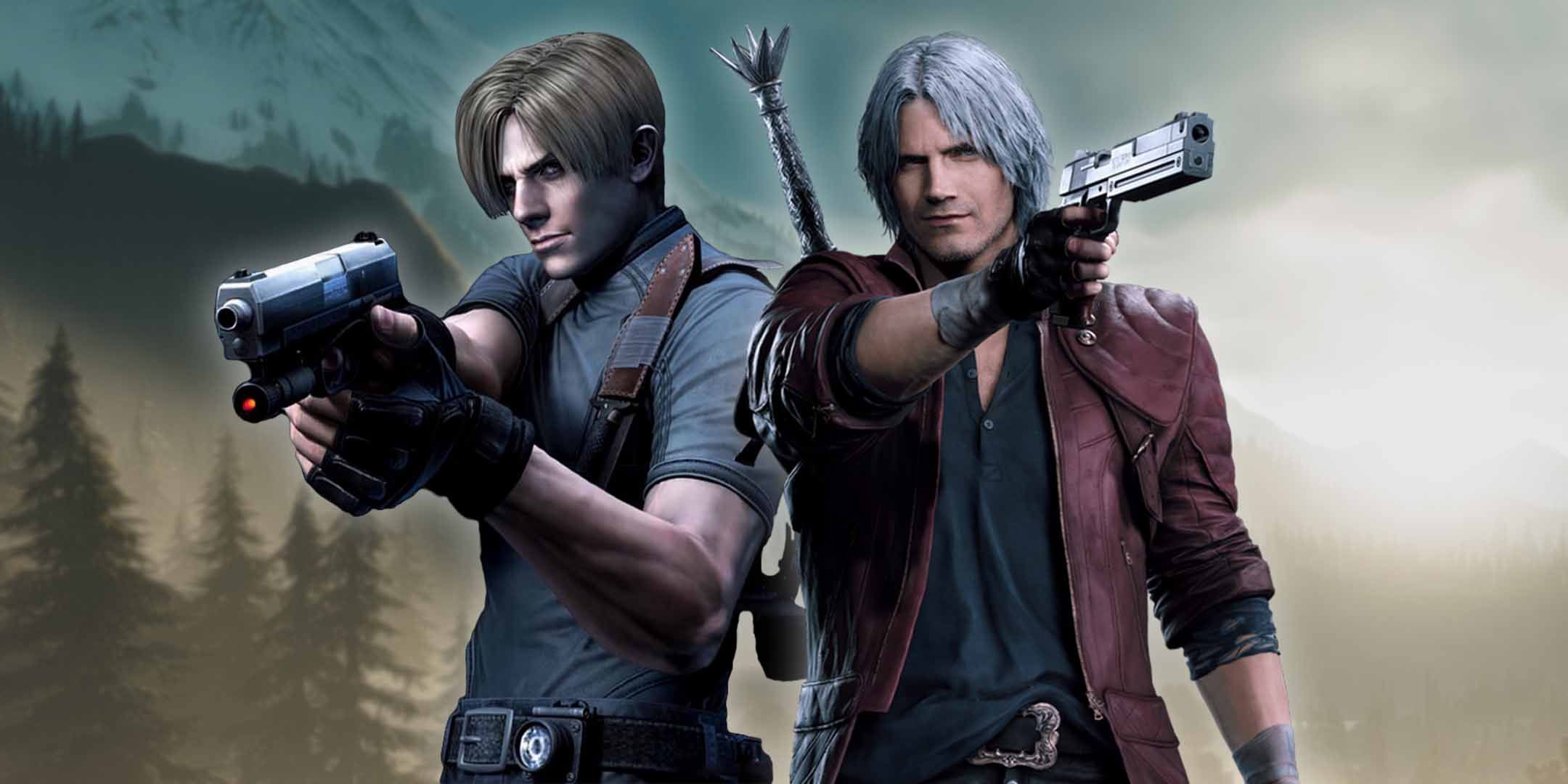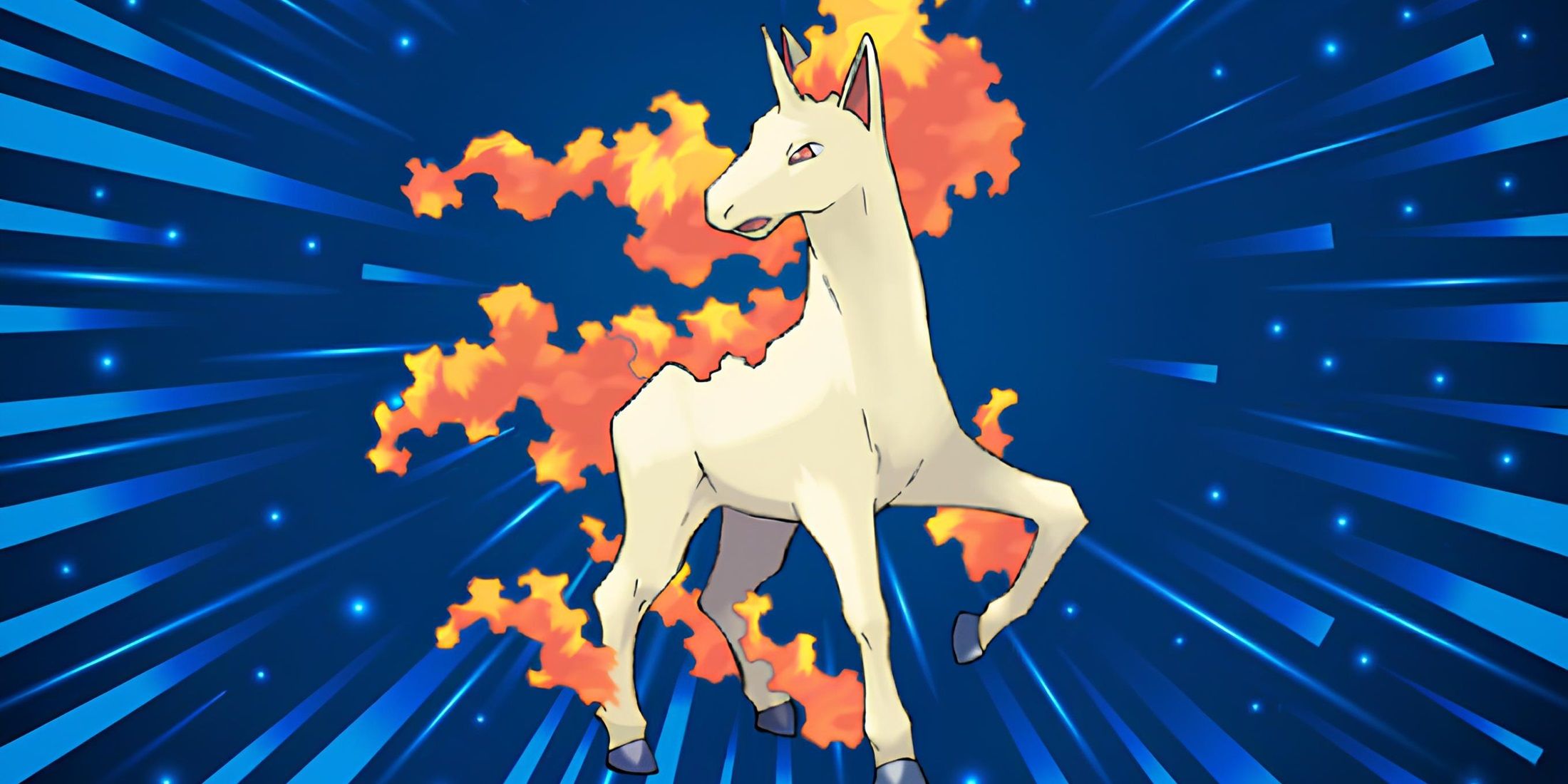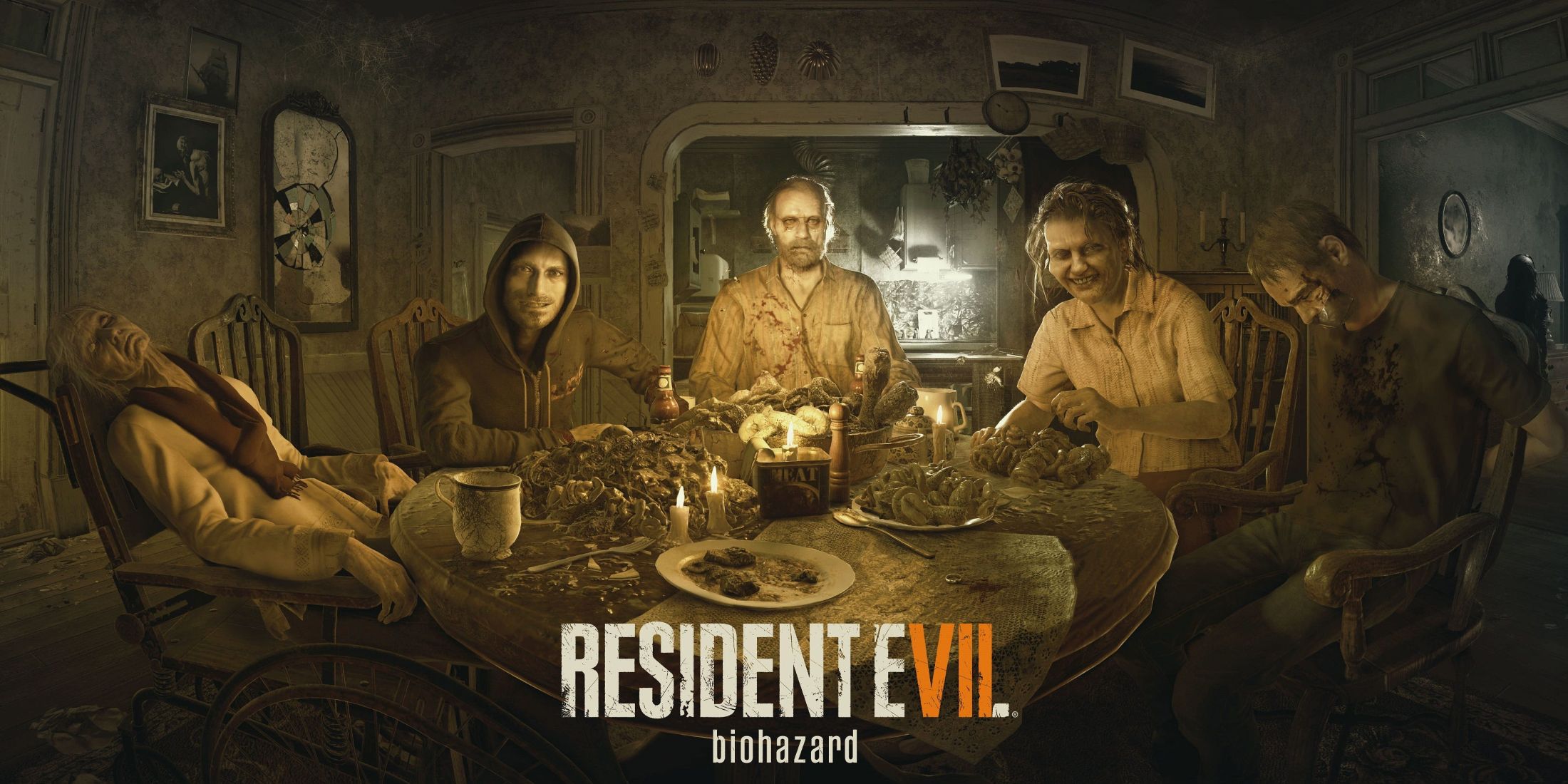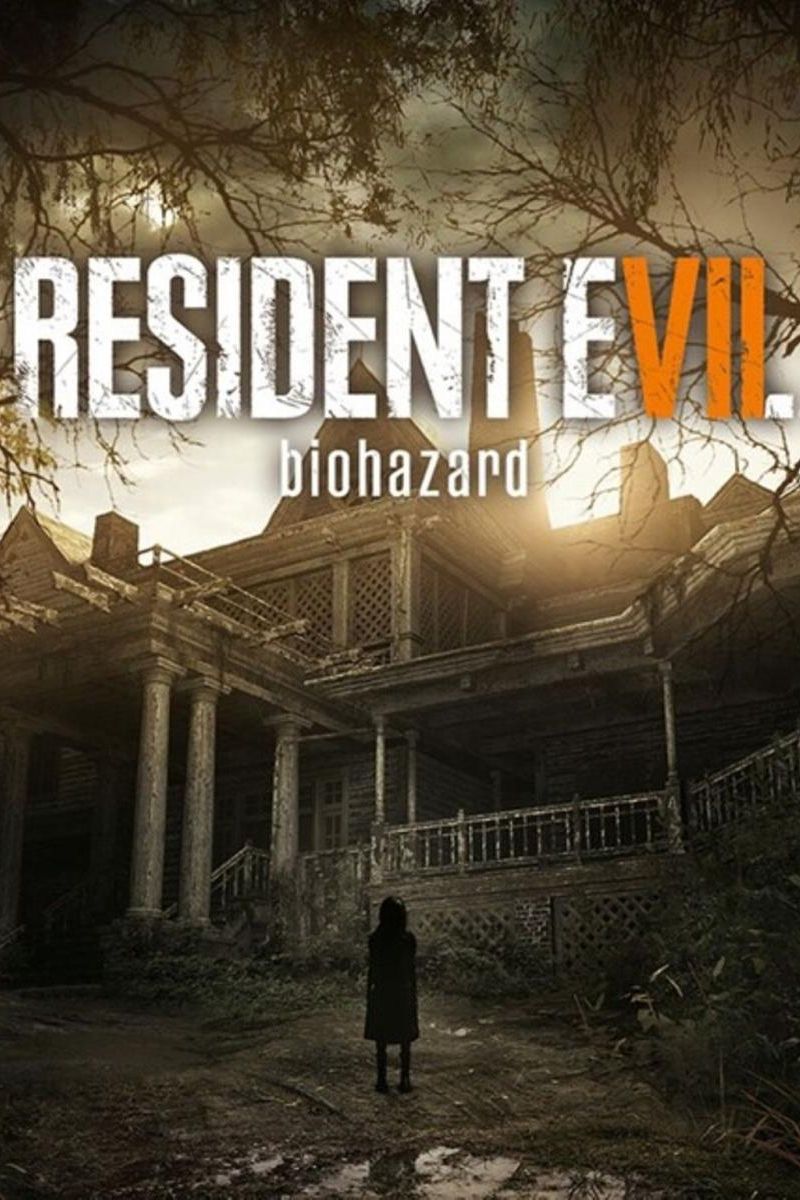Highlights
- Resident Evil has drastically evolved since 1996, with new gameplay, art direction, and enemies in each iteration.
- Recent sales success and upcoming remakes signal a new golden age for Resident Evil.
- Resident Evil 7's return to the series' survival horror roots with new elements proves the franchise can constantly reinvent itself for continued success.
The Resident Evil franchise has been around for some time, and it's changed quite dramatically over the years. When looking at the original Resident Evil side-by-side with Resident Evil 4 Remake, there's really no comparison. The series' gameplay, art direction, enemy designs, and much more have all evolved a great deal since 1996, and they'll likely keep evolving for years to come.
Currently, the Resident Evil franchise is experiencing something of a renewed golden age. Sales of the last few Resident Evil entries have all seemingly branded the games as successes — at least in Capcom's eyes — and the current cycle of remakes and sequels seems to be keeping fans happy. It's even been leaked that remakes of Resident Evil 0 and Code: Veronica are in the works, two projects that fans have wanted to see for a while now. It's clear that the Resident Evil franchise won't be going away anytime soon, and the proof can be found in Resident Evil 7's formula.

Best Games to Play if You Like Resident Evil
A new Resident Evil game is only a matter of time, but while waiting for a reveal or an announcement, check out a few of these similar franchises!
Resident Evil 7's Formula Proves The Franchise Can Stay Alive
The Early 2010s Were a Dark Time for Resident Evil
When Resident Evil 4 debuted in 2005, it was heralded as a groundbreaking new step for not just the RE franchise, but the entire video game landscape. Resident Evil 4 went a long way in popularizing the now common third-person over-the-shoulder camera perspective and pushed the boundaries of cinematic qualities in video games. Resident Evil 4 also moved the series into more action-focused territory, a decision that was praised heavily at the time but was also one that would end up having some grave consequences.
When it came time to make a sequel, Capcom decided to push the Resident Evil series even further into this realm of action-focused horror. Resources became a bit more abundant, puzzles became a lot less frequent, and lengthy combat encounters became the main focus of most of Resident Evil 5's runtime. Though this departure from the series' survival horror roots garnered some criticism from fans at the time, it unfortunately wasn't enough to stop Capcom from taking things even further with Resident Evil 6. By most accounts, Resident Evil 6 marks the lowest point of the franchise, delivering an action-horror experience that barely resembles the original games at all.
Resident Evil 7 Righted the Ship
For a while after Resident Evil 6's release in 2012, the franchise went quiet, only releasing the middling Resident Evil Revelations 2 in 2015. But in 2017, the franchise was ready for a triumphant comeback, and Resident Evil 7 was just that. Taking the series back to its survival horror roots, Resident Evil 7 earned a lot of praise for its greater focus on scares, puzzles, and intense gameplay sequences. It was the return to form that fans had been waiting for, but it also wasn't afraid to forge its own identity.
Resident Evil 7 didn't rest on the series' laurels. While it hearkened back to the series' earlier entries, Resident Evil 7 still put a fresh spin on key elements of the franchise. Resident Evil 7 featured a new setting, a new cast of characters, an all-new type of Bioweapon threat, and a new gameplay perspective, all of which helped to make the game feel fresh but familiar.
Resident Evil 7's Formula Can Be Used Time and Time Again
Resident Evil 7 came at a time when the franchise was arguably at its lowest point, and if the series ever finds itself in a similar spot again, it simply needs to look to RE7's formula to understand what the best course of action is. Resident Evil will always be able to return to its survival horror roots, but putting a fresh new spin on things like the setting, characters, and Bioweapon threat, could, in theory, keep the franchise alive for decades to come.




